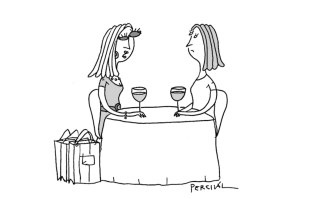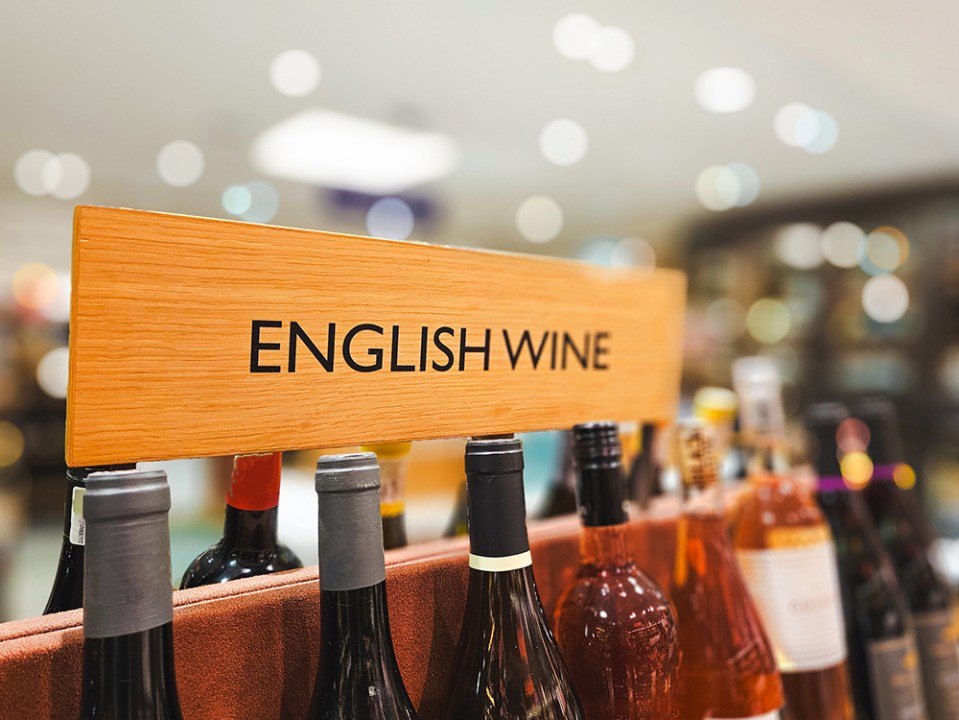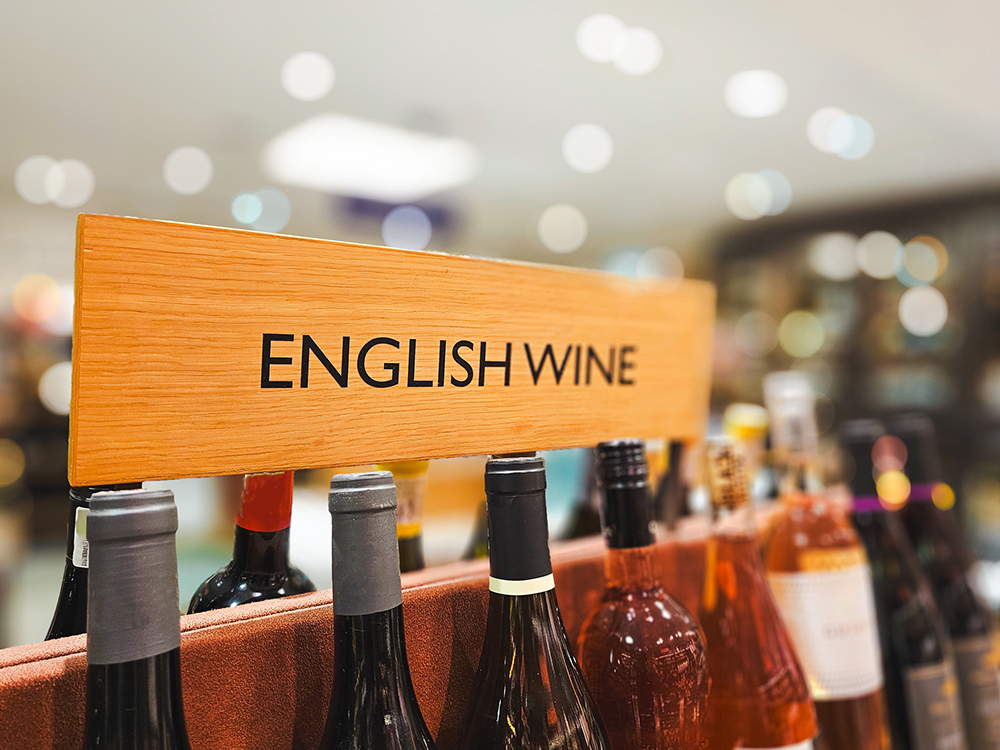
England is now and history. The other day, in the Weald of Kent, now was England and pleasure. We were visiting the Balfour Winery, near Staplehurst, on an enticing midsummer day. This was a quintessential English landscape. To the left, a wood with classically English trees. To the right, a country house. In the distance, an oast house. We were viewing all this from a balcony, after an excellent lunch based on local ingredients, with wine pairings, that I reckon was worth a Michelin star. The scallops were as good as I have ever tasted. The locals are aware of the neighbouring asset: the previous Saturday, the restaurant had served 750 guests.
But the kitchen has a problem. Jake Goodsell, the chef, is only 25. A splendid fellow, he is full of ambition. There must be the likelihood that his fame will spread and that he might come to be recognised as one of the most promising chefs in the country, with the headhunters taking a close interest. The locals are wise to enjoy him while they can.
At one point, a plane passed overhead, leaving a vapour trail. That made me pensive, albeit briefly. A little more than 80 years ago, there would have been vapour trails in these skies, with young pilots who did not always come back. (‘Never in the field…’) Amid this benign landscape – England’s pastoral symphony – it is easy to forget that history was not always gentle. Often, it was fought over and fine men shed life’s blood to protect it. Yet it was worth the sacrifice.
Be it a winery, a regiment or a minister’s private office, one can always tell a happy ship, where everybody is committed and feels valued. Thus it is at Balfour. There is a delightful girl called Alannah Bayard. She arrived on a visit and then more or less refused to leave, insisting that they must give her a job. They did, under the aegis of a benign family. She is now Balfour’s head of brand.

This brings us to the least typically English aspect of this glorious affair: it is a formidable winery. From the balcony, one sees not only woodland but wonderful rows of vines. Twenty-odd years ago, Leslie Balfour-Lynn found herself in charge of a family house surrounded by 400 acres which she did not wish to see despoiled by the developers. So she turned the land into a vineyard. She realised that in both geology and climate, it had much in common with French wine regions. Like all the best wine-makers who always want their bottles to go to a good home, she fell in love with her product.
The Balfour brut rosé and reserve brut have both won awards and medals. This is
serious fizz
Thus far, Balfour has concentrated on sparkling wine and pinot noir. The Balfour brut rosé and reserve brut have both won awards and medals. This is serious fizz. The pinot noir is also serious stuff. It is often regarded as being a truculent grape, a reputation encouraged by the Burgundians, who would like us to believe that they and only they can be trusted to make it. But Balfour has produced not one but two pinot noirs. The Luke’s is fine; the Signature is really special.
When Balfour started off, it dismissed all the naysayers who were so free with pessimistic counsel by saying: ‘Well, if it doesn’t sell, we can always drink it.’ Nowadays, that would be no easy task. Last year, it produced 800,000 bottles.
Balfour also makes beer and cider. But vinous fame is its spur. The people there relish their craft and the thought of further horizons. It is an inspiring place to visit and it has connections with local pubs that have old-fashioned names and can accommodate guests and arrange to transport them to the winery. In a country hardly replete with good news it is a delight to come across some, in excelsis.








Comments